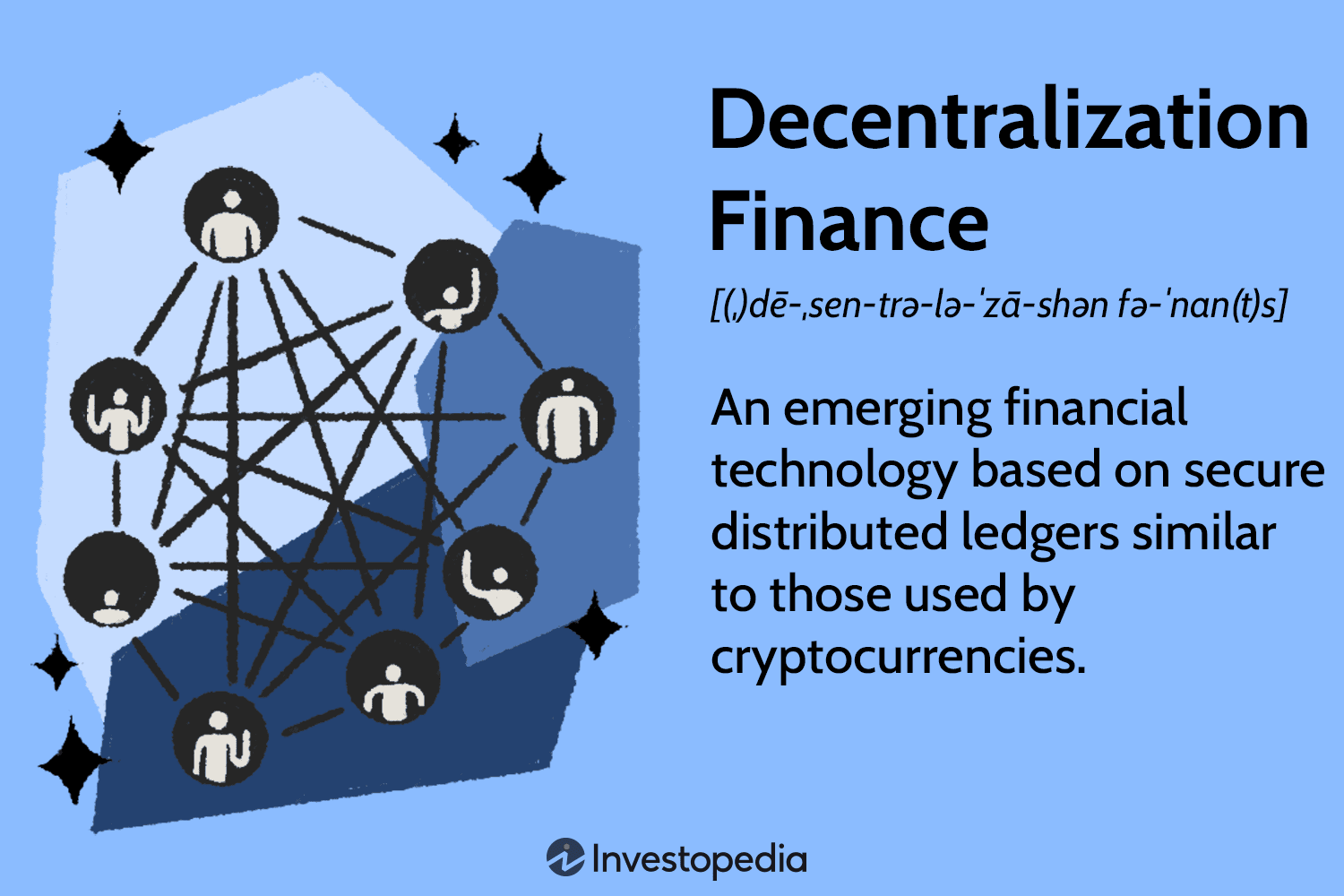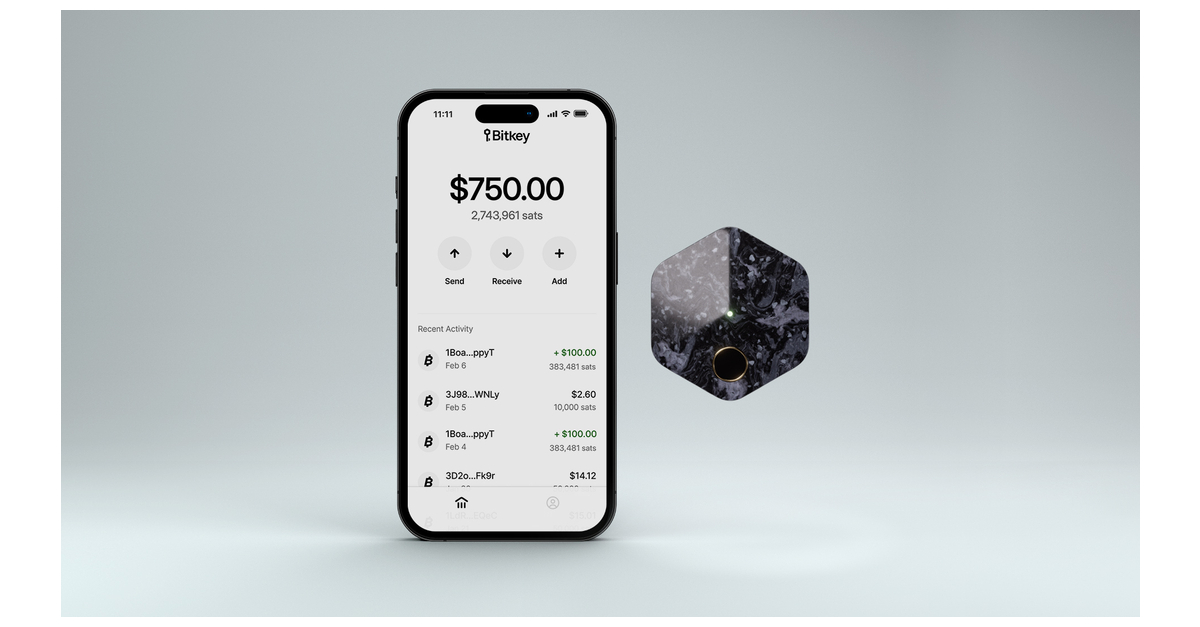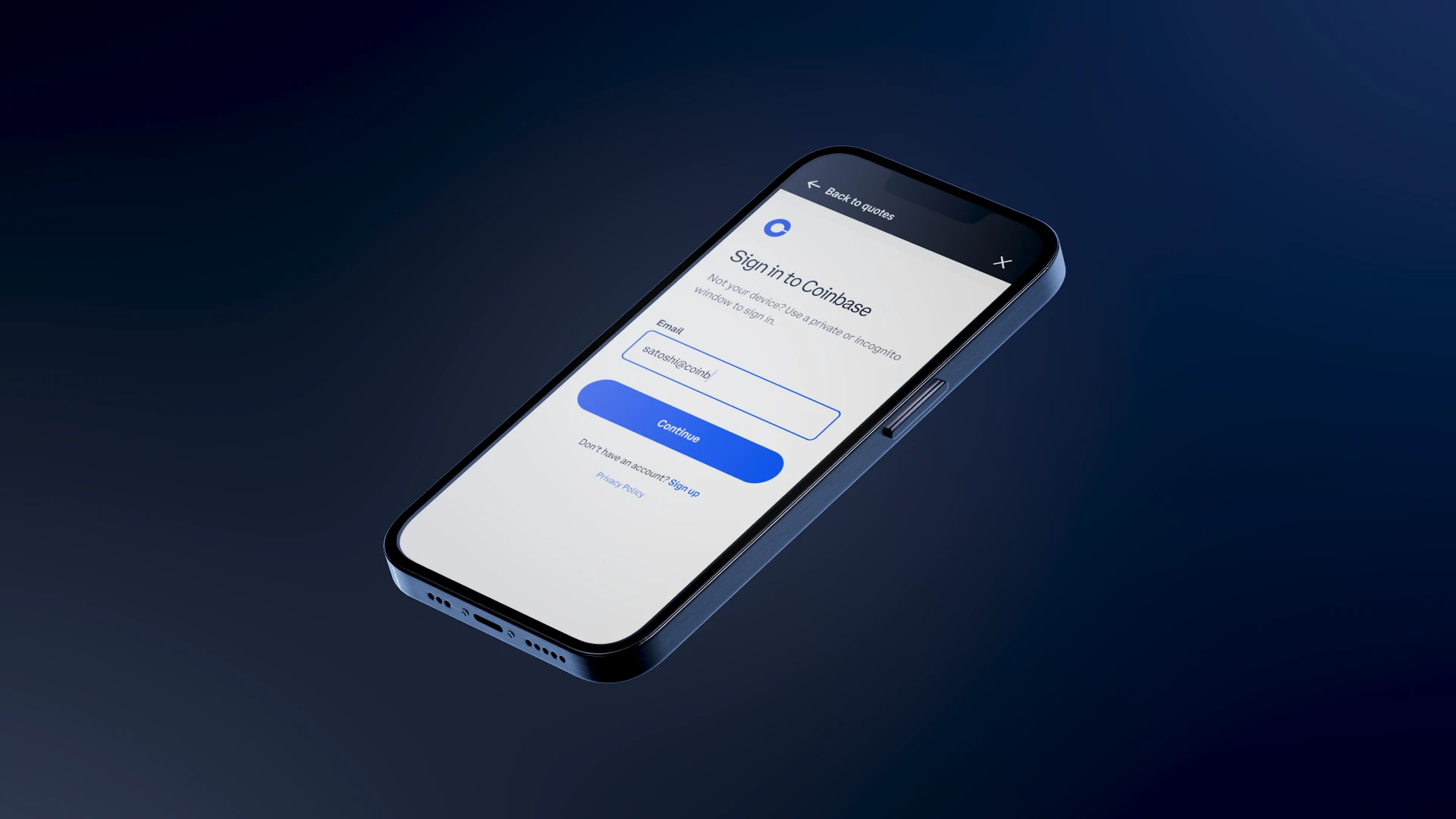
This article was written in response to @Casey Jones 's post in the crypto market discussion thread. I figured that my response might serve as a decent reference for folks and should not get buried in a many paged discussion.
First, a couple of basic concepts:
- What is crypto? - When you buy crypto, you don't actually take possession of a physical (or digital/abstract for that matter) object. Crypto tokens are unique mathematical objects that exist on a blockchain. To own crypto is to own a wallet (address) that the blockchain has recorded as the owner of a collection of crypto tokens. You own the wallet (address). The wallet (address) owns the crypto. Securing the password to your wallet is how you safeguard your crypto.
- What is a wallet? - A wallet is not a physical object. It is a software program than can create and manage addresses and interface with a crypto blockchain. Wallets can be custodial (owned and managed by a 3rd party like an exchange) or self custody (you own and manage it directly). Self custody wallets can be further divided into "soft wallets" (password protected web browser extensions) and "hard wallets" (offline "cold storage" solutions). I'll discuss this more down below.
There are three important considerations for dabbling with crypto:
- On ramp - How will you acquire your crypto?
- Custody - How will you store your crypto?
- Off ramp - How will you convert your crypto back into fiat (assuming you are acquiring crypto as an investment asset)
On Ramps
There are a number of ways you can acquire crypto. Most of them will require you to comply with Know Your Customer (KYC) processes to open an account and do business with them. Most all of them will accept payment via ACH (electronic check), credit card or wire transfer. Popular on ramps include:
- Crypto Exchanges - The sophistication of trading options on exchanges will vary, but all of them will allow you to open an account and buy crypto. I have personally used CoinBase (that's a referral link - if you use it, open an account and buy $100 worth of any crypto, you will get $10 worth of Bitcoin from CoinBase) and Kraken in the past. Kraken appears to be (currently as of the time of this writing) in the crosshairs of America's War on Crypto, so beware regulatory risk if you choose to use them. Some other exchanges out there include crypto.com and eToro.
- Brokerage houses - Wall street is starting to embrace crypto. Brokerage companies including RobinHood and Fidelity currently offer crypto trading for customers. Many more are developing such services for their clients.
- web3 portals - There are some web and app based options that work with self custody wallets (more on that below) allowing you to buy crypto and have it deposited in a wallet/address of your choice. You can buy crypto for yourself or someone else (or someone else can buy crypto for your wallet too). Examples include Moonpay and others. If you own a self custody wallet, most likely your wallet will have integrations with several on ramps in this category for you to choose from.
- Private sale / gift - Once you have a wallet, you can receive crypto from anyone that is willing to send you some (whether you buy it from them in a private sale or provide them with some goods or service in return). This is done by sending crypto from one address to another.
You should be aware that the price for a given crypto at a given point in time is not universally the same across all on ramps. Prices (as well as exchange/brokerage fees) can vary a little bit from one platform to another. The market is maturing though so arbitrage plays tend to keep the prices in a relatively close band. Even so, it can be worthwhile to check a couple of on ramps before pulling the trigger on a buy.
Custody
If you opened an account with an exchange or brokerage house, they will manage a custodial wallet for you. You will have access to the address(es) for the various crypto that you acquire and be able to send, receive, buy and sell (and maybe to stake but that's an intermediate level topic you can explore here if you like). But the exchange/brokerage owns the wallet and also has access to the addresses, so there is counter party risk.
If you prefer to avoid the counter party risk, you can take self custody of your crypto assets by using a soft or hard wallet:
- Soft wallet - Soft wallets are web (browser) or phone app based solutions. Not all soft wallets work with all crypto platforms. MetaMask is a popular soft wallet that works with Ethereum and ERC20 (Ethereum derivative) tokens. bitcoin.org has a page designed to help people find an appropriate Bitcoin web wallet. You have do a bit of research on these web wallets to understand their strengths and risks.
- Hard wallet - Hard wallets are actually comprised of two components - a purpose built flash drive with special security features and software to interface with it. I know of two options here that have good reputations - Ledger and Trezor. I own and use a Ledger Nano X and am very pleased with it. The Trezor seems to be well engineered, but isn't as robust as the Ledger Nano last I checked.
Off Ramps
Converting crypto back into fiat can be a bit trickier than acquiring it in the first place. Exchanges and brokerages work fine for this purpose. However, most of the web3 portals that allow you to buy crypto directly into a self custody wallet are one way portals. They don't buy crypto from you - they only sell to you. If you are holding crypto in self custody like I do, it's still a good idea to have an exchange or brokerage account for selling crypto back into fiat. Of course, you can always arrange private sales person to person if you trust the other party or just use the crypto directly to buy things if you find a vendor that accepts it.
To Infinity and Beyond
Once you own some crypto, there is a whole world of web3 apps you can explore to do more advanced things like becoming a banker (lending your crypto and earning interest on your loan(s)), staking (committing your crypto to pools that incentivize network operators to be good actors and promote stability and operation of the network while earning a return for your investment) and more. The truly advanced can even program smart contracts to automatically commit crypto trades across trading platforms to take advantage of arbitrage opportunities just like Wall Street insiders! But that's a bit beyond my sphere of experience and expertise at the moment.
If you are at all curious about crypto, I encourage you to dip your toes into the water with a small investment (whatever you consider "play" money or a fair price for an education in this realm). You can start with an account at an exchange/brokerage and move on to self custody storage with further options for staking, DeFi, et al as you go.
Topic continued in:
Crypto 102 - Crawl before you walk
In Crypto 101, I talked about the basic information you need to get started with buying some crypto and the type of wallet you want to keep it in. Hopefully, you have already taken the first step of opening an account with an exchange and/or acquiring a wallet. You have mastered the *how*...
Last edited:
This post may contain affiliate links for which PM Bug gold and silver discussion forum may be compensated.






